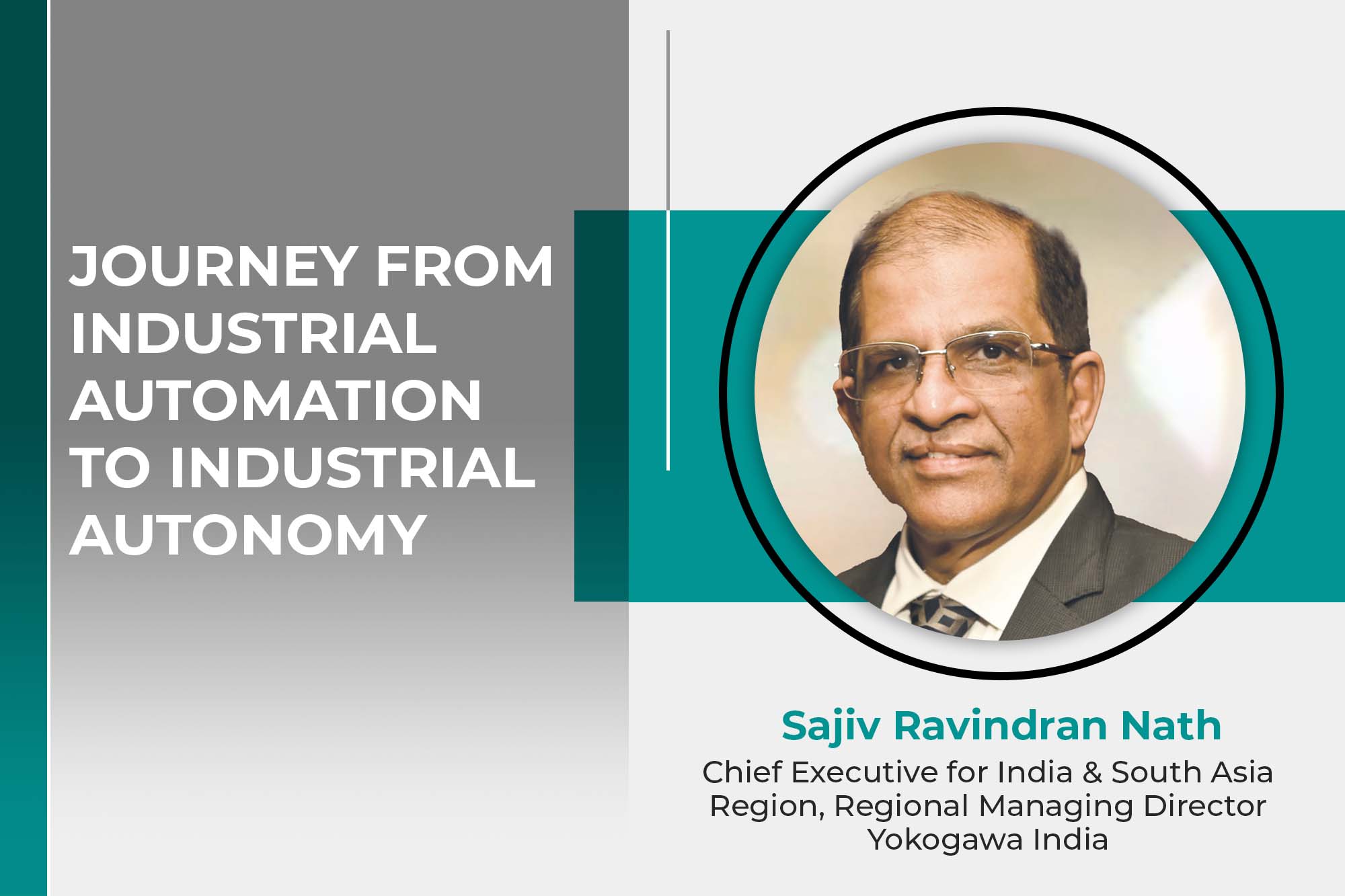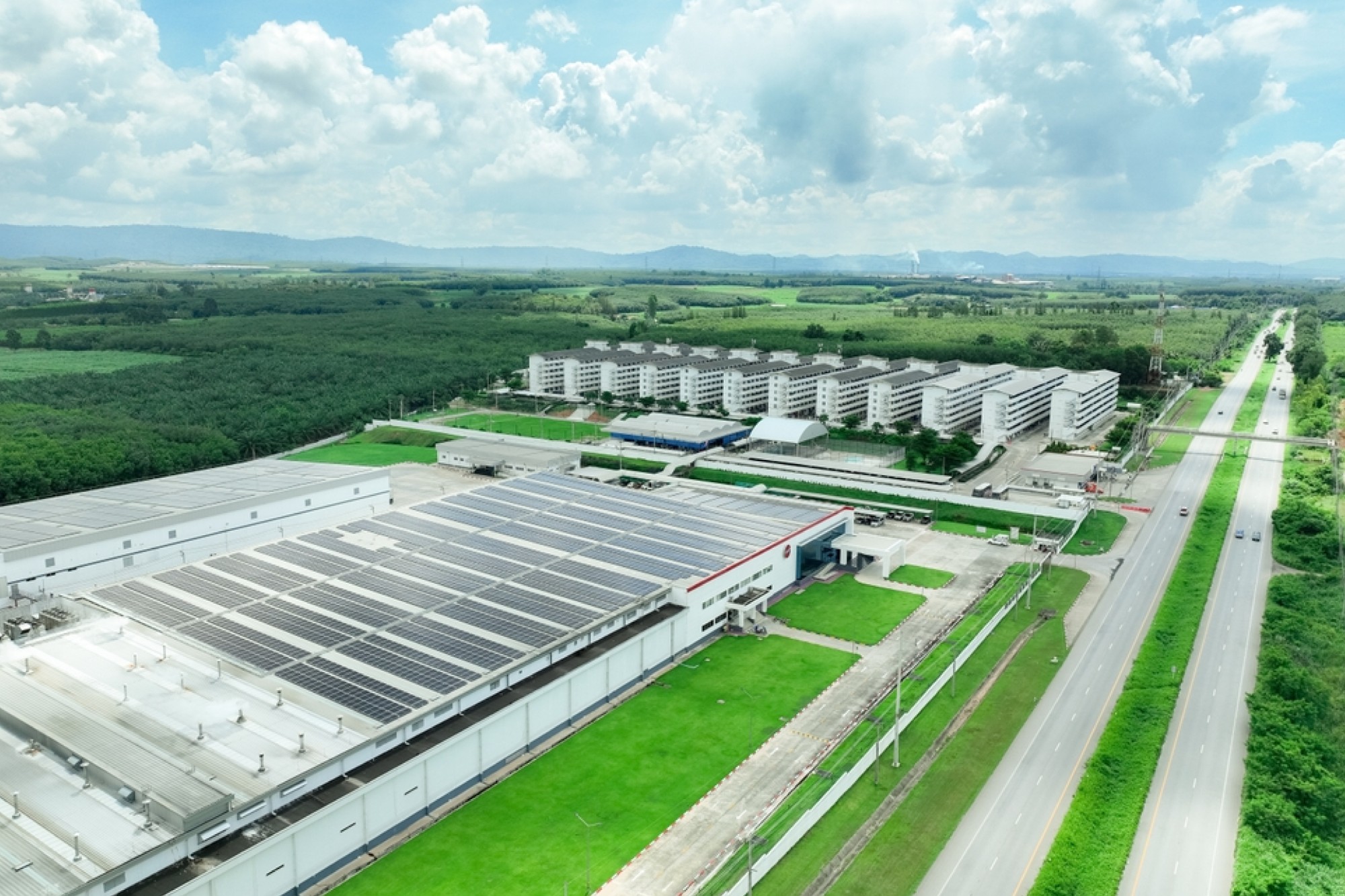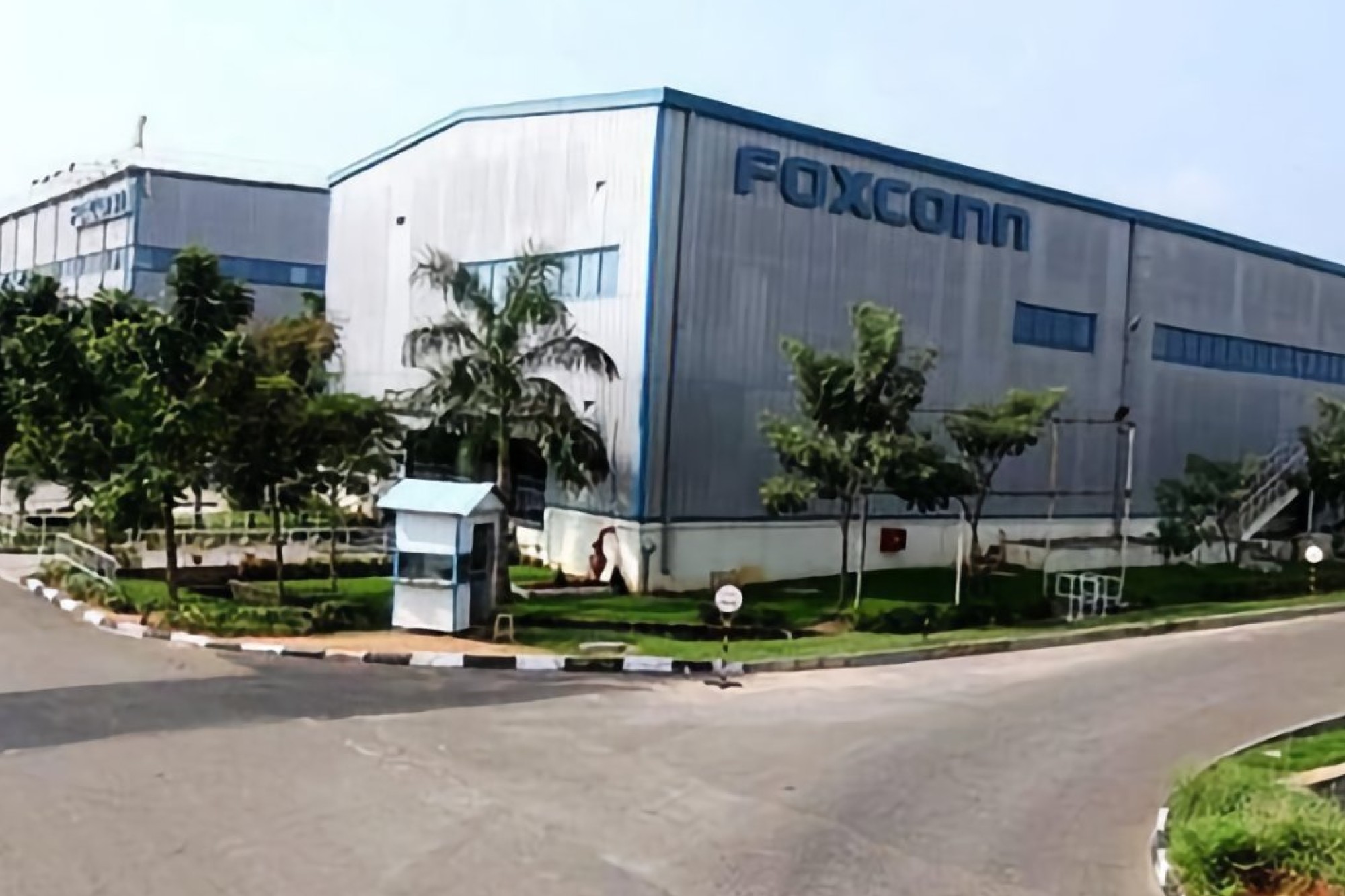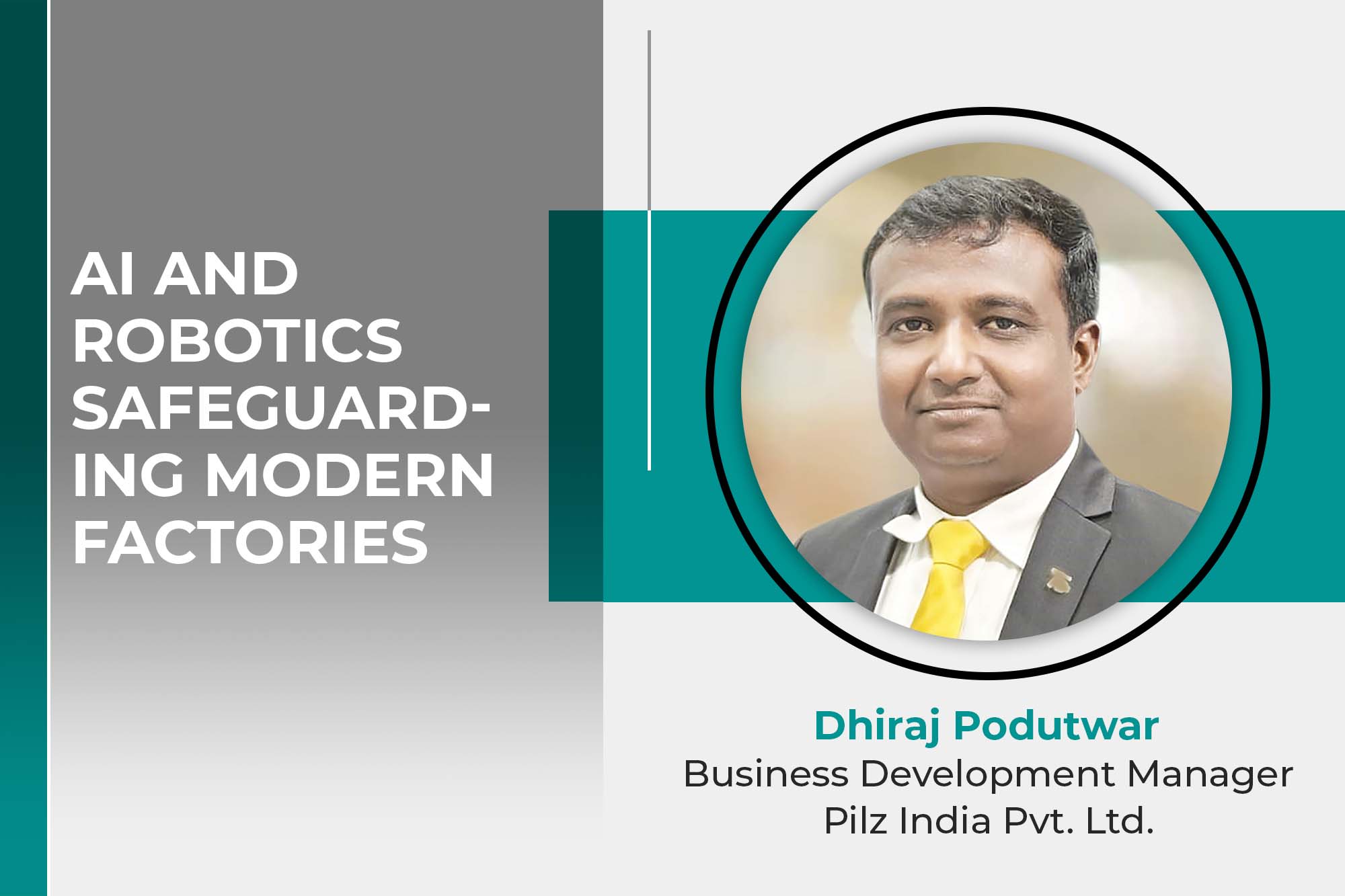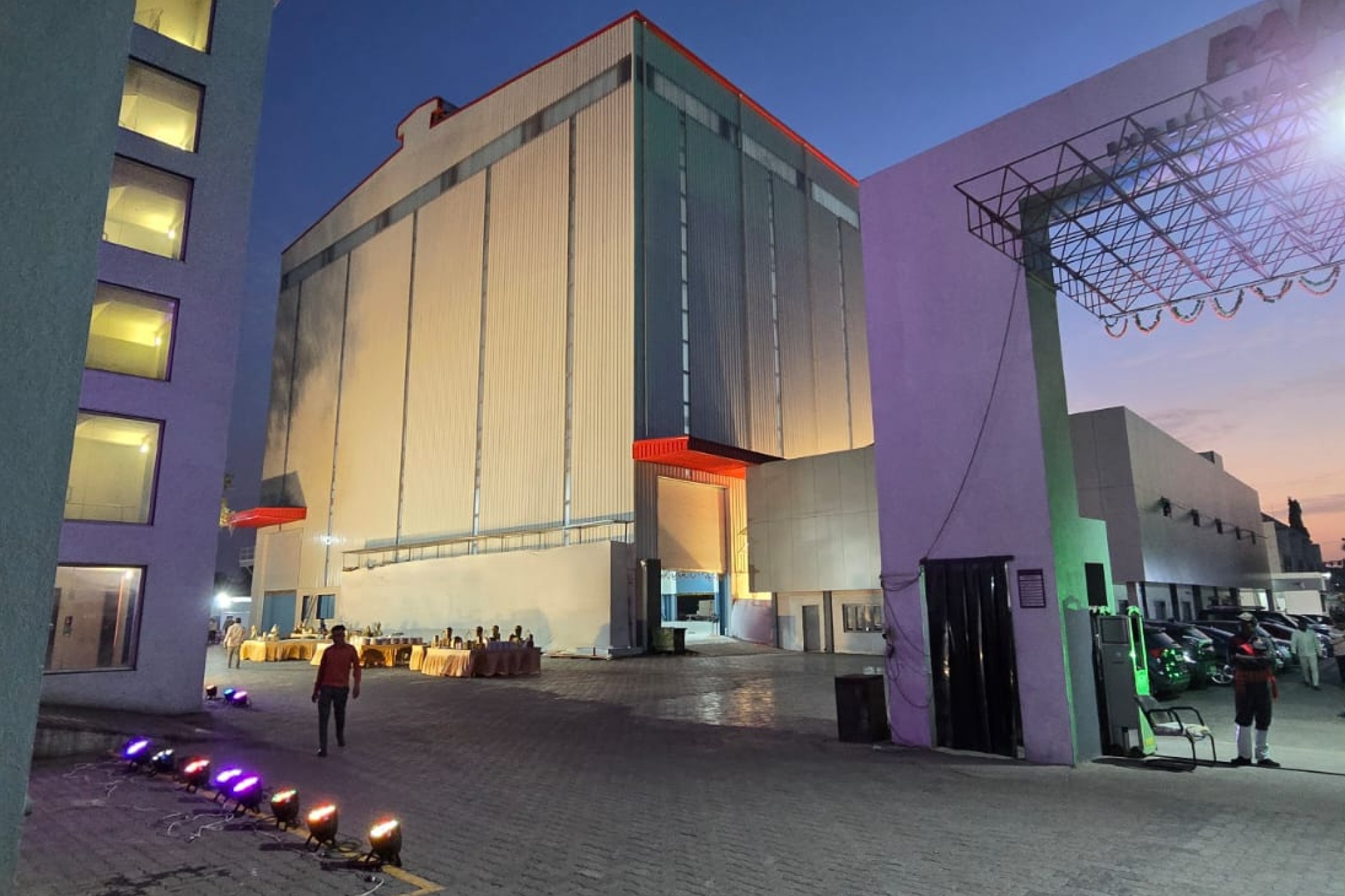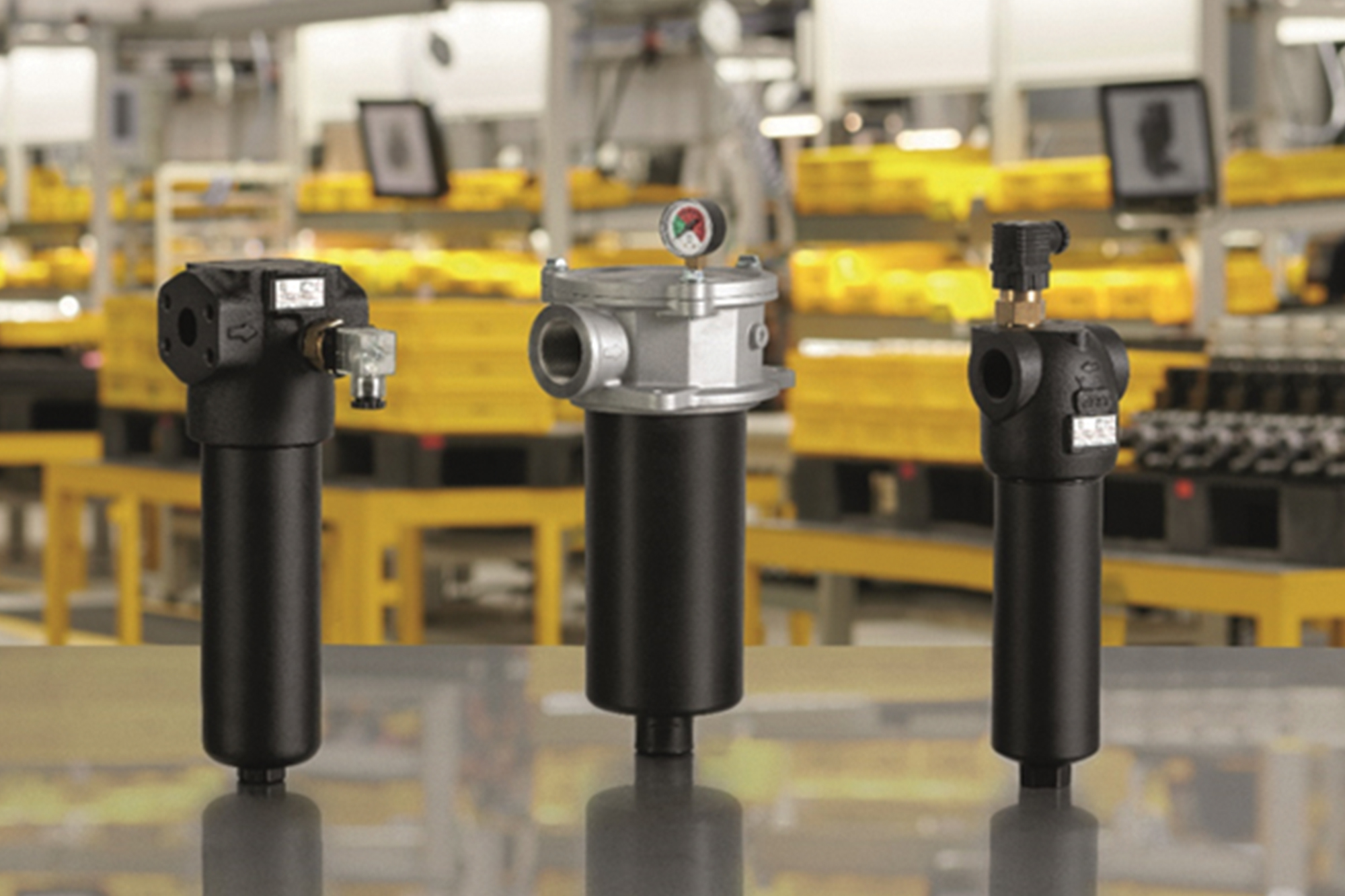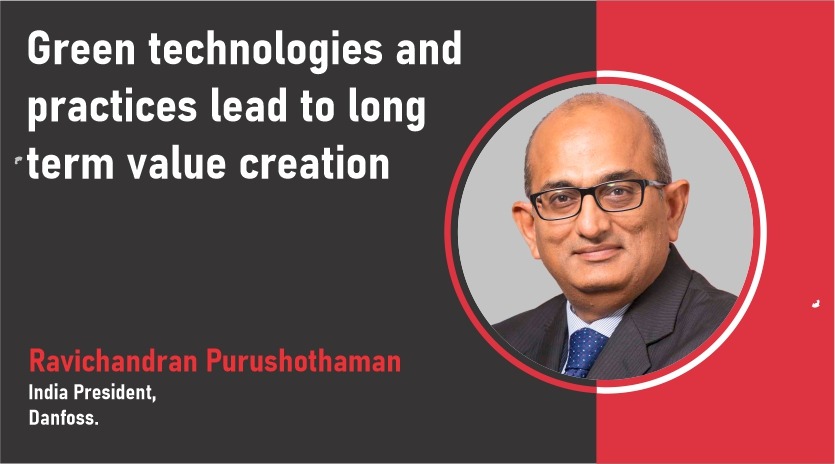Journey from industrial automation to industrial autonomy
By Staff Report July 31, 2024 6:14 pm IST
The extended benefits of using Al and robotics in manufacturing include amplitude of product quality and safety. Sajiv Ravindran Nath, Chief Executive for India & South Asia at Yokogawa India, spearheads initiatives to integrate advanced robotics into manufacturing to gain industrial autonomy and sustainability.
How does Yokogawa use advanced technologies to ensure sustainability and improve product quality?
With nearly 40 years of operations in India, Yokogawa has assisted in transforming various conglomerates. Our philosophy focuses on sustainability through measurement, control, and information. Advanced technologies like AI and machine learning (ML) enable predictive maintenance, real-time optimisation, and enhanced quality control in factory automation. This leads to higher productivity and better product quality, keeping our clients ahead of their competitors. Yokogawa uses disruptive digital technologies to meet business needs while upholding environmental and social responsibilities.
How is Yokogawa India advancing industrial autonomy and benefiting factory operations?
Implementing preventive maintenance tools in factory automation reduces downtime, lowers maintenance costs, and extends equipment lifespan. We are transitioning from industrial automation to autonomy and integrating advanced predictive maintenance technologies. These tools use AI and ML to analyse data and predict equipment failures before they occur. By scheduling maintenance proactively, factories can avoid unexpected breakdowns, maintain schedules, and reduce the frequency and cost of repairs. This approach ensures consistent production quality. Ultimately, it supports the broader goal of achieving industrial autonomy, where systems can self-manage and adapt to changing conditions without human intervention.
Yokogawa India creates systems that automate processes and possess the intelligence to self-manage, adapt, and optimise without human intervention. This journey towards industrial autonomy represents a leap forward for the Make In India initiative, nearing factories to achieve unprecedented productivity, reliability, and quality. Innovation and maintaining a commitment to environmental and social responsibility make Yokogawa India lead the industrial landscape for a smarter, more autonomous future.
How does robotics enhance safety measures within manufacturing processes?
Robotics enhances safety measures within manufacturing processes by taking over dangerous, and precision-heavy tasks, thereby reducing the risk of human injury. At Yokogawa, our process automation solutions with advanced robotics create safe work environments. Robots with sensors and AI can detect potential hazards and respond swiftly, preventing accidents. This automation safeguards employees while maintaining consistent production quality. Robots reduce human error and increase operational precision by handling complex tasks efficiently, leading to shorter production cycle times. This increases productivity and reliability, supporting our commitment to advancing industrial autonomy and creating safer manufacturing processes.
How can real-time data analytics and monitoring systems ensure consistent quality control?Real-time data analytics and monitoring systems make workflows and consistent quality control a reality. However, it is important to check if the solutions can use these advanced technologies to provide continuous insights into every production stage. Data analysis can identify inefficiencies, predict potential issues, and make immediate adjustments to maintain consistent performance. This approach reduces downtime and waste while maintaining quality standards. Real-time monitoring enables swift detection and correction of deviations, maintaining product consistency and quality. Ultimately, these technologies enhance operational efficiency, reduce costs, and support Yokogawa’s commitment to delivering reliable, high-quality automation solutions.
What are the challenges of integrating robotics into existing manufacturing setups to improve efficiency?
Integrating robotics into existing manufacturing setups poses several challenges, but addressing them can unlock significant benefits. I recommend a phased and strategic approach to integration. First, identify areas where robotics can offer the most value. Next, invest in scalable and adaptable robotic systems that seamlessly integrate with existing infrastructure. Training and upskilling the workforce will result in smooth operations and maintenance of robotic systems. Additionally, implementing robust data analytics and monitoring tools helps in tracking performance and robotic workflows. Once these challenges are addressed, manufacturers can improve efficiency and product quality.
Please talk about backup storage systems for factory power cuts during production.
“Backup storage systems maintain production continuity during power cuts in factories. At Yokogawa, we integrate reliable backup power solutions into our automation systems for uninterrupted operations. These systems, including Uninterruptible Power Supplies (UPS) and backup generators, provide immediate power during outages, preventing production stoppages and equipment damage. Advanced energy storage solutions, such as battery storage systems, can store excess energy generated during peak production times.
Yokogawa is also committed to advancing renewable energy solutions. Our recent investments in Bax Energy and Dublix demonstrate our sustainable energy practices. Bax Energy specialises in software solutions for renewable energy, offering tools to monitor and optimise the performance of wind, solar, and hydroelectric power plants. This investment assists us with the integration of renewable energy sources into our backup storage systems, providing a more sustainable solution.
On the other hand, Dublin focuses on waste-to-energy solutions, which convert waste materials into valuable energy resources. With Dublix’s technology, we can offer innovative solutions that ensure energy security during outages and contribute to environmental sustainability by reducing waste and greenhouse gas emissions.
Cookie Consent
We use cookies to personalize your experience. By continuing to visit this website you agree to our Terms & Conditions, Privacy Policy and Cookie Policy.



